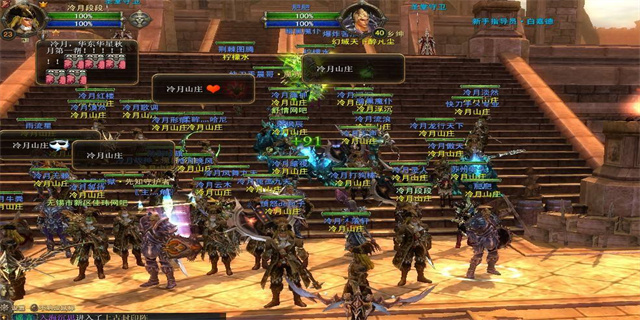the shy(The Introverted Personality - Understanding The Shy)
The Introverted Personality - Understanding \"The Shy\"
Introverted individuals often find themselves in situations where they are called \"The Shy\". However, there is a significant difference between an introverted person and a shy person. Shyness, a fear of negative judgement, social anxiety, and self-consciousness, tends to result in a person shying away from social interactions. Introverted individuals, on the other hand, don't fear social encounters but rather might feel drained by them. They are less interested in meeting new people and prefer to spend time alone, recharge their batteries, and explore their minds.
What is Introversion?
Introversion is not a choice, and it is not something that a person can change overnight. It is a fundamental aspect of one's personality, and it is believed to be determined by genetics. Introverted individuals have a lower threshold for stimulation, which means that they require less sensory input than an extroverted person to reach their optimal level of arousal. That is why they avoid overly stimulating situations such as parties, concerts, or large gatherings. Instead, they prefer quiet and peaceful surroundings where they can concentrate on their thoughts and emotions.

According to research, there are numerous benefits to being an introverted person. One of the most significant is that introverts tend to be highly creative, as their tendency to ponder and reflect allows them to develop new and innovative ideas. Additionally, introverted people are known to be self-motivated, dependable, and organized.
What is Shyness?
Shyness, unlike introversion, is correlated with social anxiety. Shy individuals feel nervous, uncomfortable, and apprehensive around others, despite their desire to be social. These feelings can be so intense that they lead to physical symptoms such as sweating, trembling, and blushing. Shy individuals are often concerned about being judged negatively by others, which leads to avoidance behaviors. They limit their social interactions and may avoid social experiences altogether.

Shyness can be disabling, and it might interfere with an individual's ability to form relationships, succeed in a career or pursue personal interests. However, it is a behavior that can be improved with therapy, support, and self-reflection. Many people who experience shyness find cognitive-behavioral therapy to be particularly helpful.
Can Introverts Overcome Shyness?
Introverted individuals can experience shyness, but the two concepts are not interchangeable. While introversion is part of one's personality, shyness is a learned behavior and a form of social anxiety. As an introverted individual, it is possible to learn social skills that can make social interactions more comfortable. These skills might include learning how to navigate small talk, asking open-ended questions, or taking breaks during social events. However, it is essential to note that introverts may not want to or need to become socially outgoing like an extroverted person.
In conclusion, it is important to distinguish between introverted personalities and shyness. Introverted individuals recharge and energize by spending time alone, while shy individuals may avoid social situations altogether due to fear of negative judgement. Recognizing the differences can help us build better relationships and create more positive experiences in our lives.
The Introverted Personality - Understanding \"The Shy\" In
2024-01-23Microsoft Office 2007产品密钥:保障您的办公效率 引言: 无论是在
2024-01-23


















